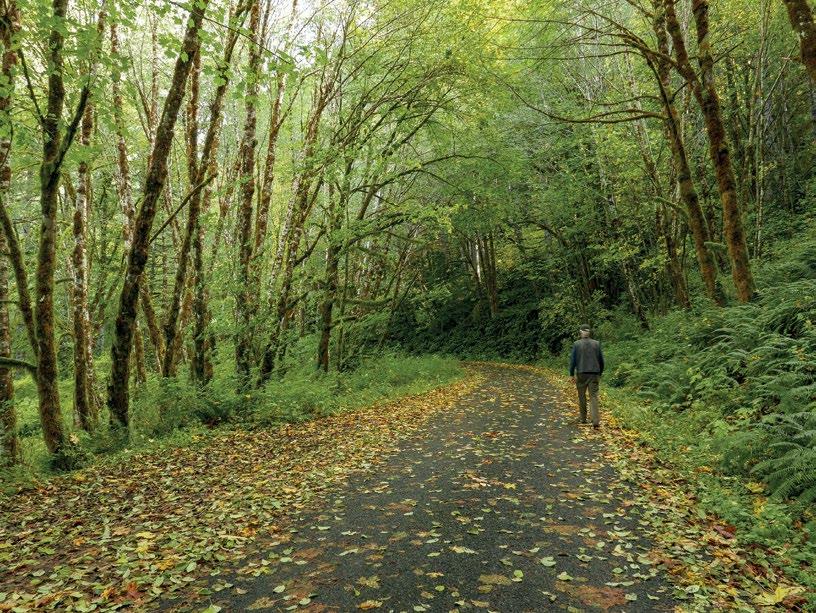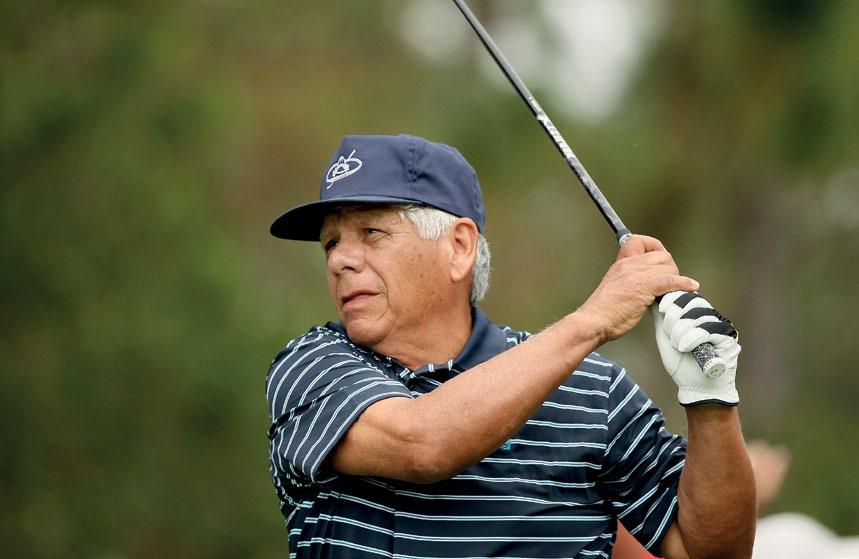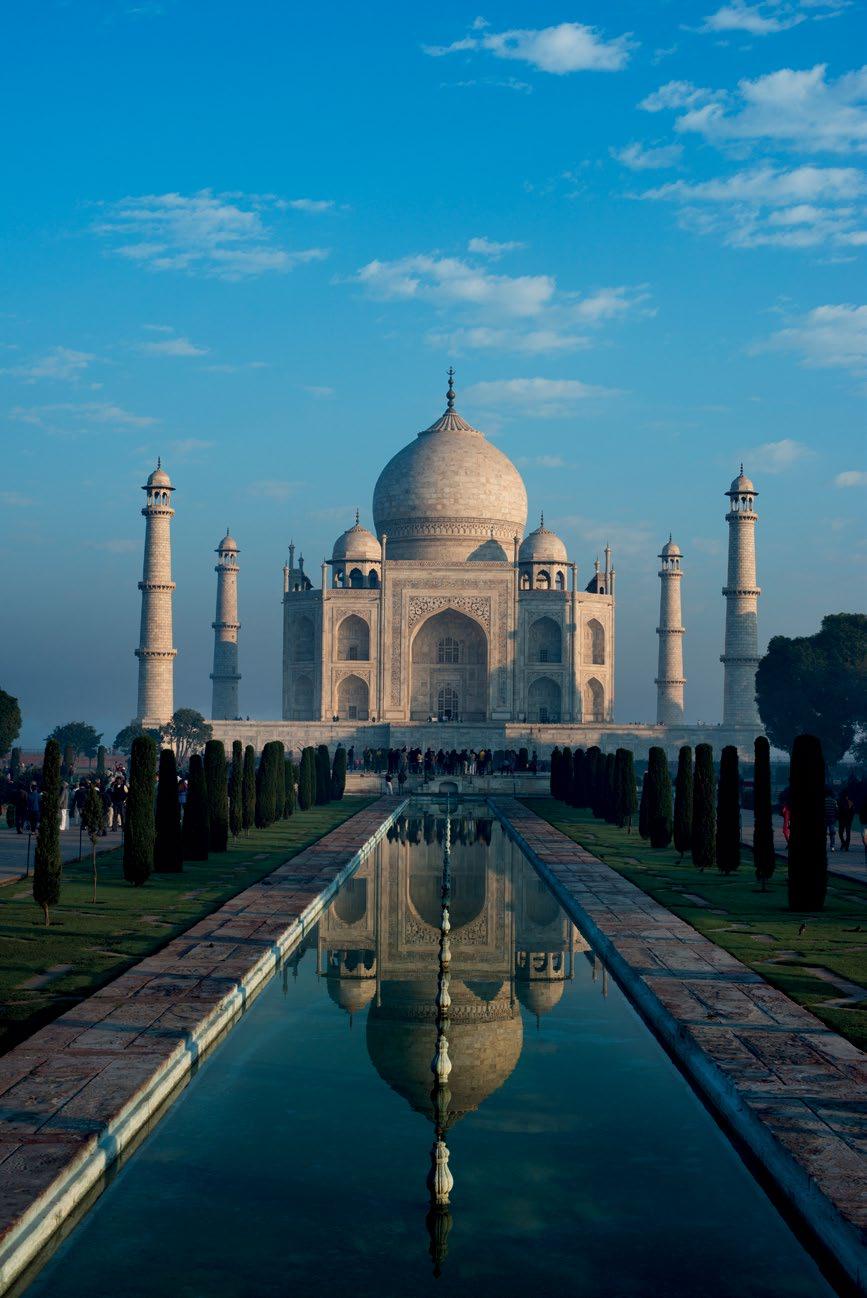Cinema
Green pastures Thomas Myler on Hollywood’s successful Irish
Peter O’Toole was nominated eight times for an Oscar and never won the statuette once, an all-time record?
As Shakespeare himself could have put it, ‘There’s something rotten in the state of Los Angeles.’ How else can the peculiarities of the Academy Award people be explained when it is remembered that Peter O’Toole, a hell-raiser extraordinary but a fine actor, one of the best, was nominated eight times for an Oscar and never won the statuette once, an all-time record? His Best Actor nominations were Lawrence of Arabia (1962), Becket (1964), The Lion in Winter (1968), Goodbye Mr Chips (1969), The Ruling Class (1972), The Stunt Man (1980), My Favourite Year (1982) and Venus (2006). He was given an Honorary Oscar for Lifetime Achievement in 2002 but he always regarded that as a secondary prize. According to his daughter Kate in a new book Hollywood Irish, written by Dublin journalist Jason O’Toole, Peter was pressurised into accepting the award. ‘They forced one onto him,’ she says. ‘He said, “No, I don’t want one because it’s not in competition.” He turned it down. They said that was grand but they were giving it to him anyhow because they said they called the shots. They said if he didn’t turn up, it wasn’t going to look very good. ‘It was horrible,’ she recalled, shaking her head in disgust. Kate was unable to shed any light on the mystery of her father’s actual birthplace, Ireland
or England. ‘He wasn’t even sure himself,’ she says. ‘In his own memoir, he said he had two birth certificates. One giving Connemara in Galway as the origin of birth and the other as Leeds. I was born in England and have an Irish birth certificate. I was registered with the Department of Foreign Births.’ Kate herself has a fine body of work, including roles in John Huston’s The Dead (1987), appearing in the Meryl Streep movie Dancing at Lughnasa (1998), alongside Ewen McGregor in Nora (2000) and starring alongside U2 drummer Larry Mullen in his film debut Man on the Train (2011). Whatever about Peter O’Toole, there was never any mystery concerning Maureen O’Hara. Dubbed ‘The Queen of Technicolour, she was a true Dub, born in Ranelagh and growing up in Milltown. ‘A chance meeting with a popular American singer named Harry Richman in the Gresham Hotel led to me being offered a screen test by Elstree Studios in London,’ she said in an interview at her home in Glengarriff in West Cork in 1990, shortly after she had turned 90.‘This led to me being offered a contract with the production company Mayflower Pictures owned by the Anglo-Irish actor Charles Laughton and Eric Pommer, the great movie producer. My first starring role was as Maureen FitzSimons, my real name, in a musical comedy My Irish Molly.
62 Senior Times l January - February 2020 l www.seniortimes.ie
Maureen O’Hara. Dubbed ‘The Queen of Technicolour, was a true Dub, born in Ranelagh and growing up in Milltown.
‘But it was changed after Laughton cast me as his leading lady in Jamaica Inn in 1939, and directed by Alfred Hitchcock, whose mother also happened to be an Irish woman. ‘It was Laughton who changed my name. He said ‘That surname would be horrible on a marquee’ and he changed it to Maureen O’Hara, much to my protest. ‘Take it or leave it,’ he said. That was it. After the success of Jamaica Inn, I was cast again alongside Laughton in The Hunchback of Notre Dame, my first American film.’ Maureen said that of all the actors she worked with, her closest bond was with John Wayne. They made five films together. ‘He was a wonderful person, and a wonderful person to work with,’ she said. ‘I was also close to the director John Ford. Ford’s real name was Sean Aloysius O’Fearna, which was John Martin Feeney in English. He was the youngest child of Irish immigrants from Spiddal in Galway. He was very proud of that. ‘One of my all-time favourite movies was The Quiet Man, with John Wayne and directed by John Ford. You’d be surprised how long it took to raise the money to make the movie. We couldn’t get it anywhere. Before we made The Quiet Man, we made a movie called Rio Grande and when Republic Studios heard all the hullabaloo about the money problems to make The Quiet Man, they agreed to finance it.


















